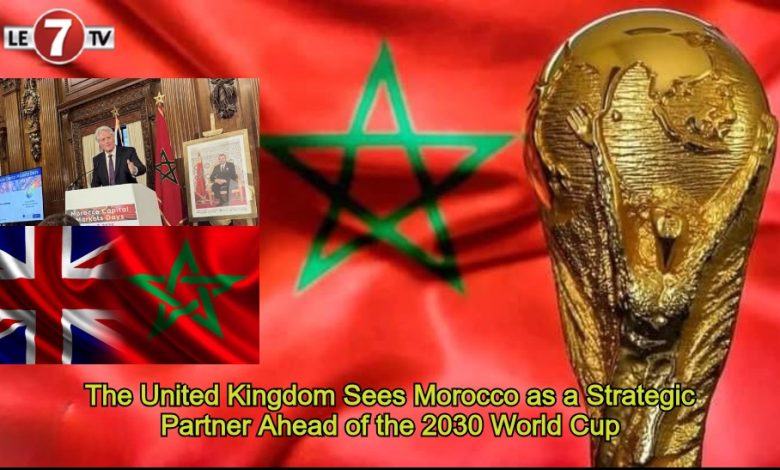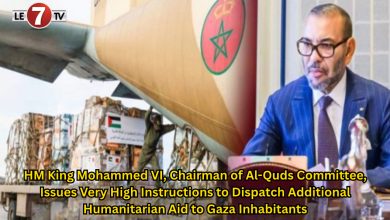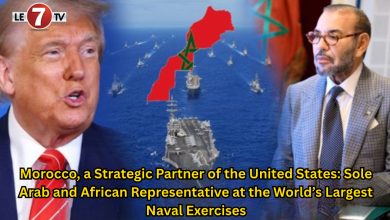The United Kingdom Sees Morocco as a Strategic Partner Ahead of the 2030 World Cup
As the 2030 FIFA World Cup, which Morocco will co-host with Spain and Portugal, approaches, the United Kingdom has expressed a clear desire to strengthen its economic ties with the Cherifian Kingdom. This position was stated by Baroness Dominique Gustafsson, British Minister for Investment, in response to a written question posed in the House of Lords by Lord Colgrain.

The Minister of State praised the steady growth of trade between London and Rabat, highlighting the fundamental role of the bilateral Association Agreement, which came into force in January 2021, in maintaining and developing economic relations in the post-Brexit era.
Bilateral trade has seen notable growth: £4.2 billion was exchanged in 2024—£600 million more than in 2023—confirming an upward trend.
The 2030 World Cup: A Lever for Opportunity
Baroness Gustafsson emphasized the strategic potential of the 2030 World Cup for economic cooperation between the two countries. According to her, this global event serves as a natural driver for investment in sectors such as infrastructure, technology, transport, and specialized services.
British authorities are actively encouraging their businesses to position themselves in the markets opened by the projects and developments linked to this major sporting event, while also benefiting from the secure framework offered by the bilateral agreement.
In this context, the UK government recently appointed Labour MP Ben Coleman as Trade Envoy to Morocco and Francophone West Africa. His mission is to stimulate trade, promote investment, and support British businesses in their expansion strategies across the continent.
This appointment confirms the UK’s ambition to establish a lasting presence in Francophone African markets, with Morocco serving as a regional hub and strategic entry point.
A Robust Trade Agreement
The Association Agreement between the UK and Morocco, inspired by the model concluded with the European Union, covers goods, services, and investments. It guarantees duty-free access for industrial products that meet rules of origin requirements, while preserving preferential tariffs for Moroccan agricultural exports.
Additionally, post-Brexit adjustment mechanisms have been implemented to align technical standards, recognize conformity markings, and regulate authorized representatives—thus facilitating smoother operations for businesses on both sides.





